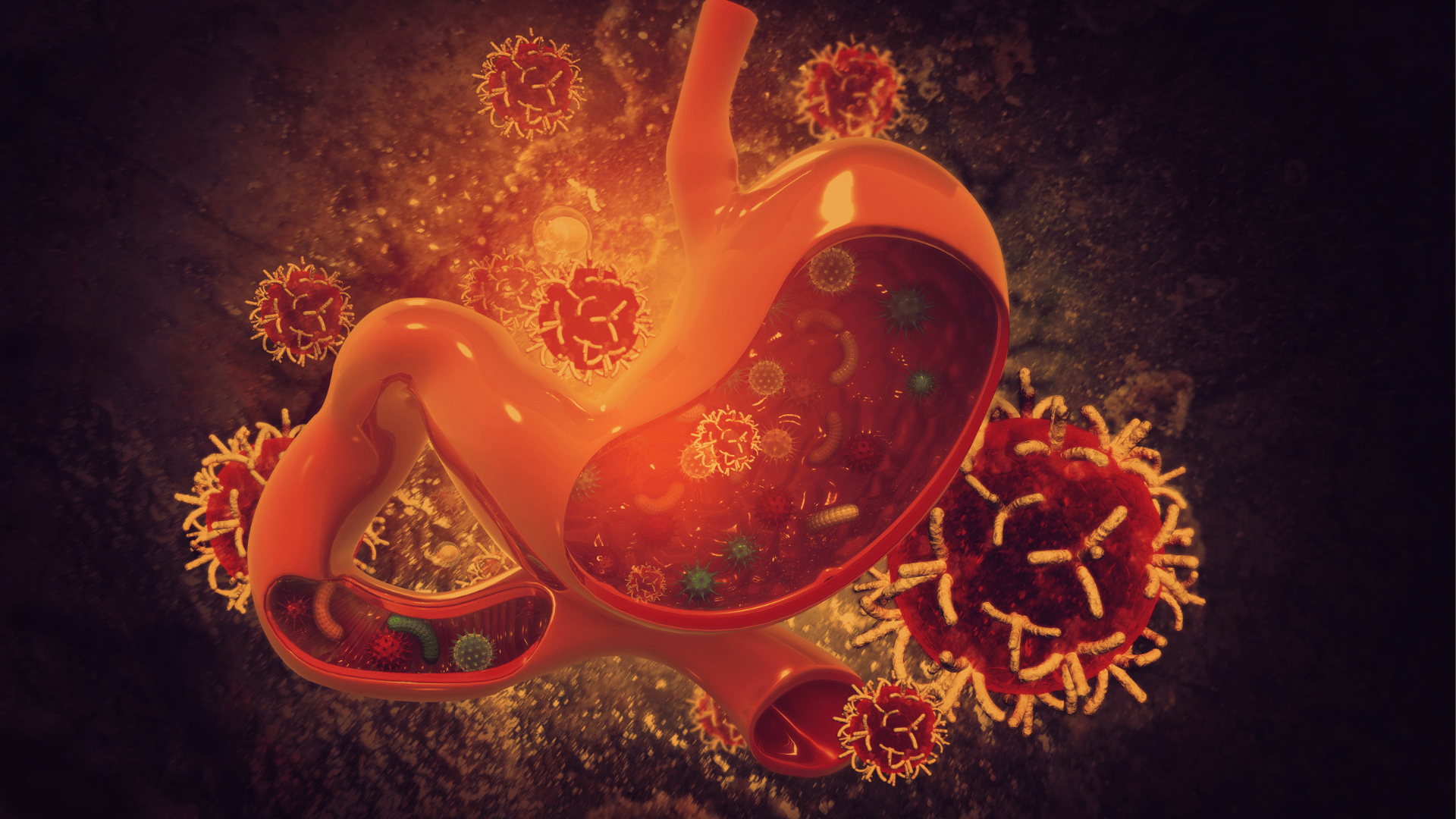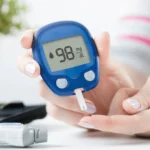
How Stomach Virus Spreads: Key Facts You Should Know
The stomach virus, often referred to as viral gastroenteritis, is a highly contagious illness that affects millions of people worldwide each year. Understanding how stomach virus spreads is crucial for preventing infection and managing outbreaks effectively. In this comprehensive guide, we’ll explore the mechanisms of transmission, common causes, symptoms, dietary considerations, and natural remedies to combat the virus. We’ll also highlight the role of Stomaflex in supporting digestive health during and after infection.
How Stomach Virus Spreads: The Mechanisms of Transmission
The term “stomach virus” encompasses a variety of viruses that cause inflammation in the stomach and intestines. The most common culprits include norovirus and rotavirus. Understanding how stomach virus spreads involves recognizing the different ways these viruses are transmitted:- Direct Contact: The primary mode of transmission is through direct contact with an infected person. When someone with a stomach virus vomits or has diarrhea, the virus is present in their bodily fluids. Touching surfaces or objects contaminated with these fluids and then touching your mouth, nose, or eyes can introduce the virus into your system.
- Contaminated Food and Water: Consuming food or water contaminated with the virus is another major route of transmission. This can happen if food is prepared by someone who is infected or if water sources are contaminated with the virus. Raw or undercooked shellfish and fruits and vegetables washed with contaminated water are common culprits.
- Surface Contamination: The stomach virus can survive on surfaces for extended periods. Touching contaminated surfaces and then touching your face can lead to infection. This is particularly problematic in public places or crowded settings where hygiene practices may be lax.
- Airborne Transmission: While less common, some viruses that cause stomach infections can become airborne when a person vomits. The tiny droplets can then be inhaled by others, leading to infection.
Causes of Stomach Virus
Several viruses are responsible for stomach infections, each with its unique characteristics:- Norovirus: The most common cause of viral gastroenteritis, norovirus is highly contagious and spreads quickly in crowded environments. It is often associated with outbreaks in places like cruise ships, nursing homes, and schools.
- Rotavirus: Particularly severe in infants and young children, rotavirus is a leading cause of gastroenteritis in children worldwide. Vaccination has significantly reduced its prevalence in many countries.
- Adenovirus: This virus can cause a range of illnesses, including stomach infections. It is less common but can still contribute to gastroenteritis.
- Astrovirus: This virus primarily affects young children and the elderly, causing milder symptoms compared to norovirus and rotavirus.
Symptoms to Watch For
Knowing the symptoms is crucial for identifying and managing a stomach virus infection. Symptoms typically appear within one to two days after exposure and can include:- Nausea and Vomiting: One of the most common symptoms, vomiting can lead to dehydration if not managed properly.
- Diarrhea: Frequent, watery stools are characteristic of stomach virus infections and can contribute to dehydration.
- Abdominal Pain and Cramping: The inflammation of the stomach and intestines often causes significant discomfort.
- Fever and Headache: Some individuals may experience a mild fever and headache as part of the systemic response to the virus.
Food and Diet Recommendations
Managing your diet during a stomach virus infection is crucial for recovery and preventing dehydration. Here’s how you can adjust your diet:- Stay Hydrated: Drink plenty of fluids to replace lost electrolytes. Oral rehydration solutions (ORS) are ideal as they contain the right balance of salts and sugars.
- Avoid Irritants: Steer clear of dairy products, caffeine, alcohol, and fatty or spicy foods, as these can aggravate symptoms.
- Introduce BRAT Foods: Once vomiting subsides, start with bland foods like bananas, rice, applesauce, and toast (BRAT). These foods are easy on the stomach and help provide necessary nutrients.
- Gradually Reintroduce Foods: As your symptoms improve, gradually reintroduce other foods like boiled potatoes, plain crackers, and cooked vegetables.
- Probiotics: Foods rich in probiotics, such as yogurt, can help restore the balance of good bacteria in your gut. However, ensure they are tolerated well and don’t worsen symptoms.
Natural Remedies to Ease Symptoms
Several natural remedies can help alleviate symptoms of a stomach virus:- Ginger: Known for its anti-nausea properties, ginger can be consumed in tea or as a supplement to soothe an upset stomach.
- Peppermint: Peppermint tea or oil can help reduce nausea and gastrointestinal discomfort.
- Chamomile: Chamomile tea has soothing properties that can help relax the digestive tract and reduce inflammation.
- Apple Cider Vinegar: Diluted apple cider vinegar may help balance stomach acids and reduce symptoms, but it should be used with caution.
Supporting Digestion with Stomaflex
During and after a stomach virus infection, maintaining good digestive health is essential. Stomaflex, a natural supplement, can aid in supporting digestion and restoring gut health. Here’s how Stomaflex can be beneficial:- Promotes Digestive Health: Stomaflex helps in maintaining a healthy digestive system by supporting the normal function of the stomach and intestines.
- Reduces Inflammation: The supplement contains ingredients that may help reduce inflammation and support the healing of the gastrointestinal tract.
- Balances Gut Flora: Stomaflex aids in maintaining a balanced gut microbiome, which is crucial for overall digestive health and recovery from infection.



